Summertime allows everyone to reconnect with nature before fall rolls around and winter approaches quicker than we expect. This means that many people are taking advantage of the great weather and heading to the great outdoors.
However, a recent camping trend is starting to cause a massive problem for national parks, private landowners, and you.
The Wild Camping Takeover
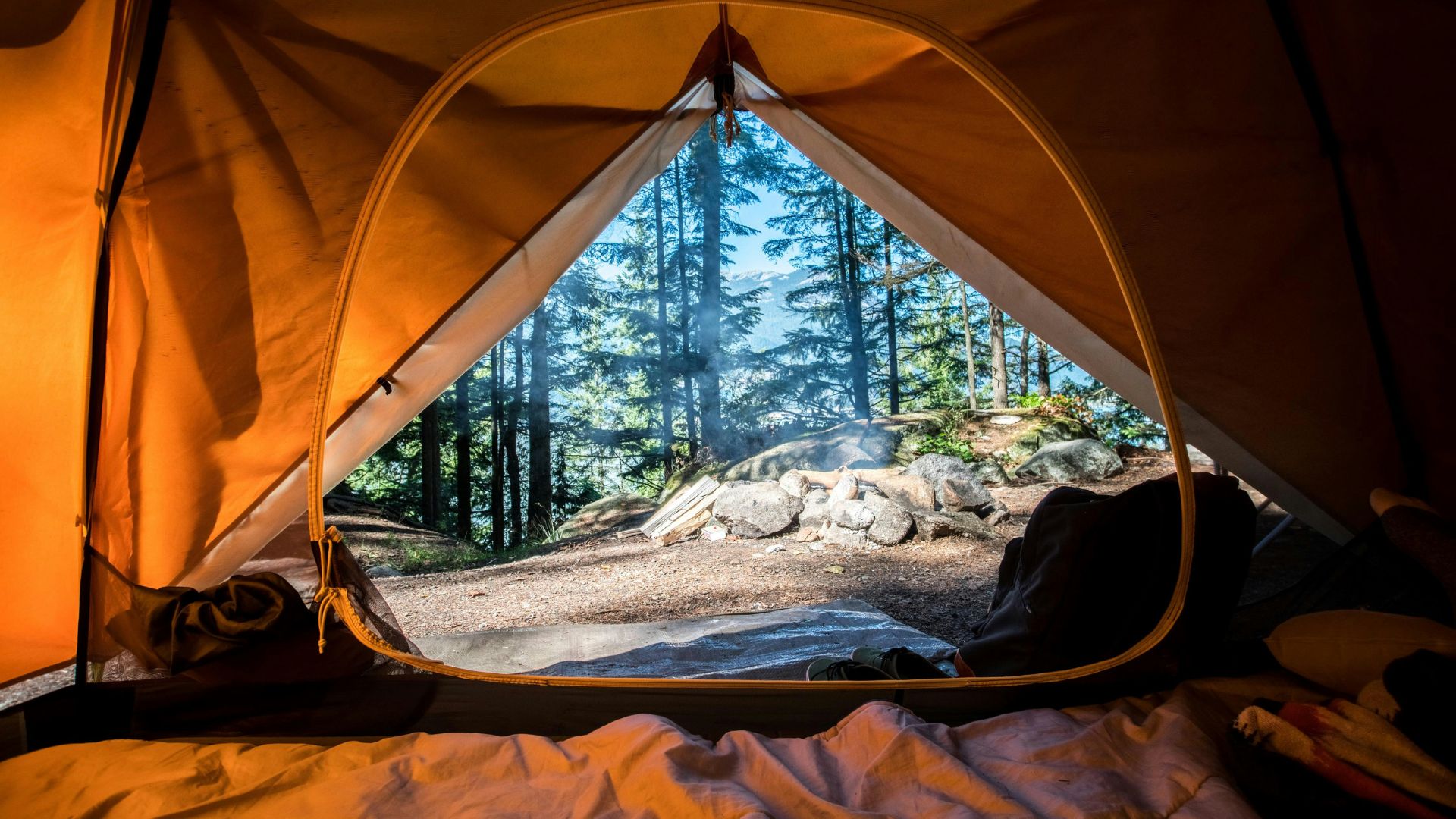
Wild camping, where campers set up their tents at non-designated campsites in remote places, has become a trend. Campers seek peace and calm in unparalleled views that the public cannot access.
But, in some parts of the world, this practice is illegal, and for good reason.
Wild Camping Is Frowned Upon
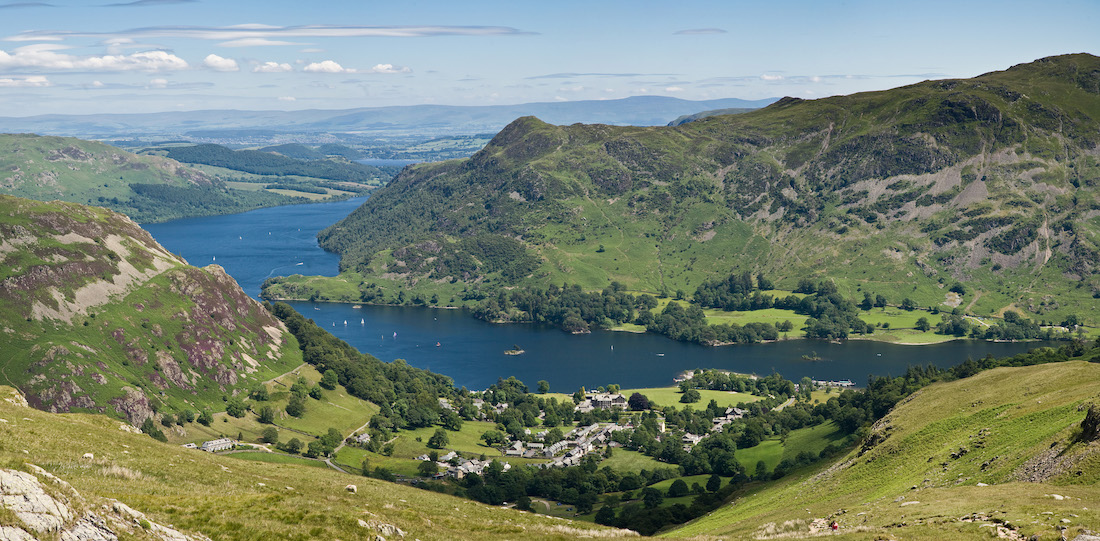
Wild camping is often discouraged because it usually threatens that land. After all, there is no trash removal, no facilities to ensure proper practices are being followed, and no fire pits to keep fires contained.
This lack of facilities can threaten the natural environment and disturb the wildlife. But this does not stop people from invading the Lake District in England.
Unwanted Visitors

One of the most mountainous regions in England, the Lake District is home to the nation’s tallest peak and largest lake. With the stunning greenery that surrounds over 16 lakes in the area in the summer, it is a popular destination for campers.
However, the area’s National Park Authority states that camping is “not technically permitted anywhere in the Lake District” without landowners’ permission.
Leaving Trash Behind
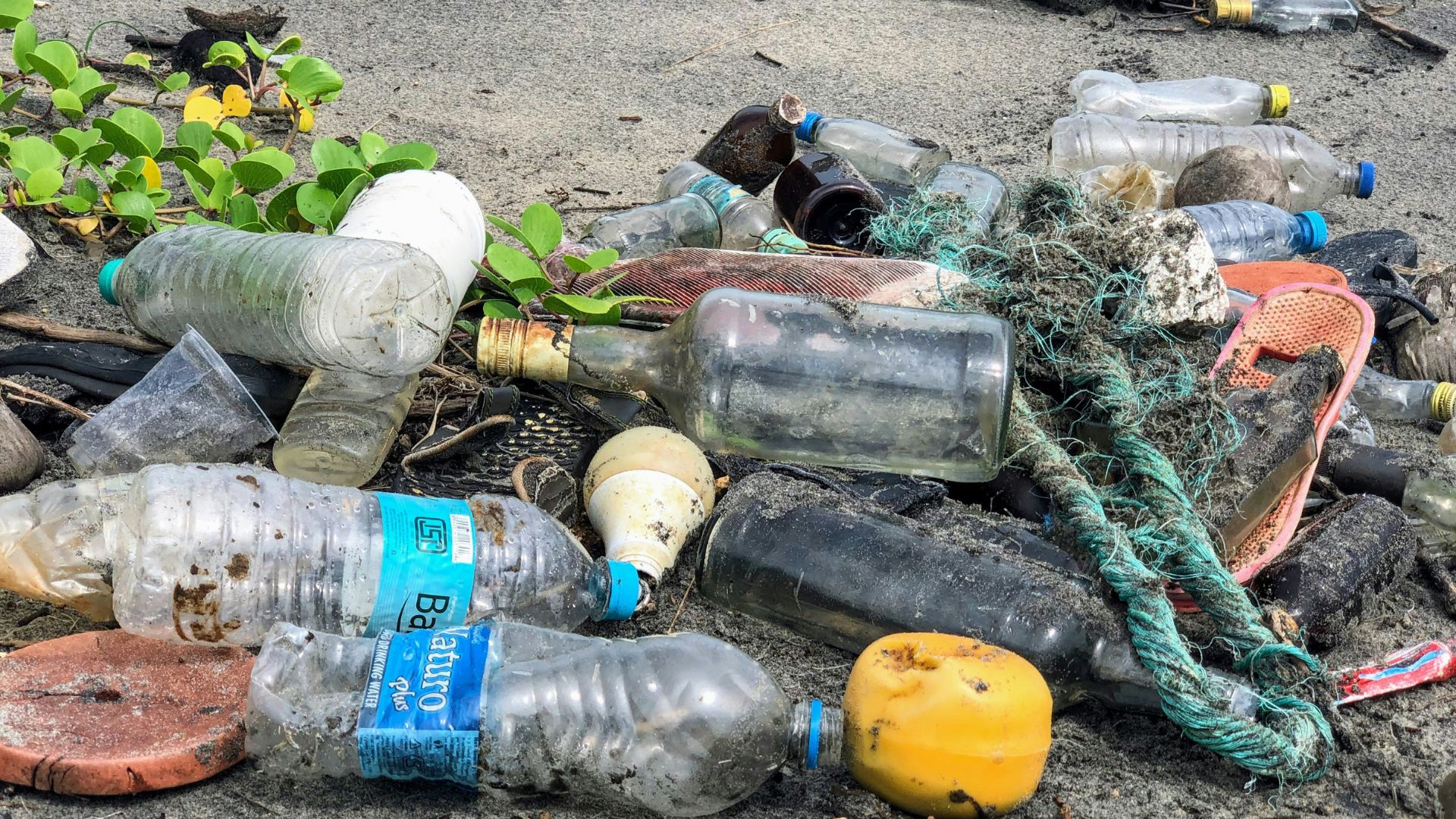
But the lack of permission hasn’t stopped campers from pitching a tent. This disregard for the rules has caused the land and locals to feel the stress from these unwanted visitors.
Kate Appleby told the Express that she spends one day a week cleaning up after the mess left behind by “fly campers”—campers who leave evidence of their presence behind—in the local area.
“It Looks like a Festival”
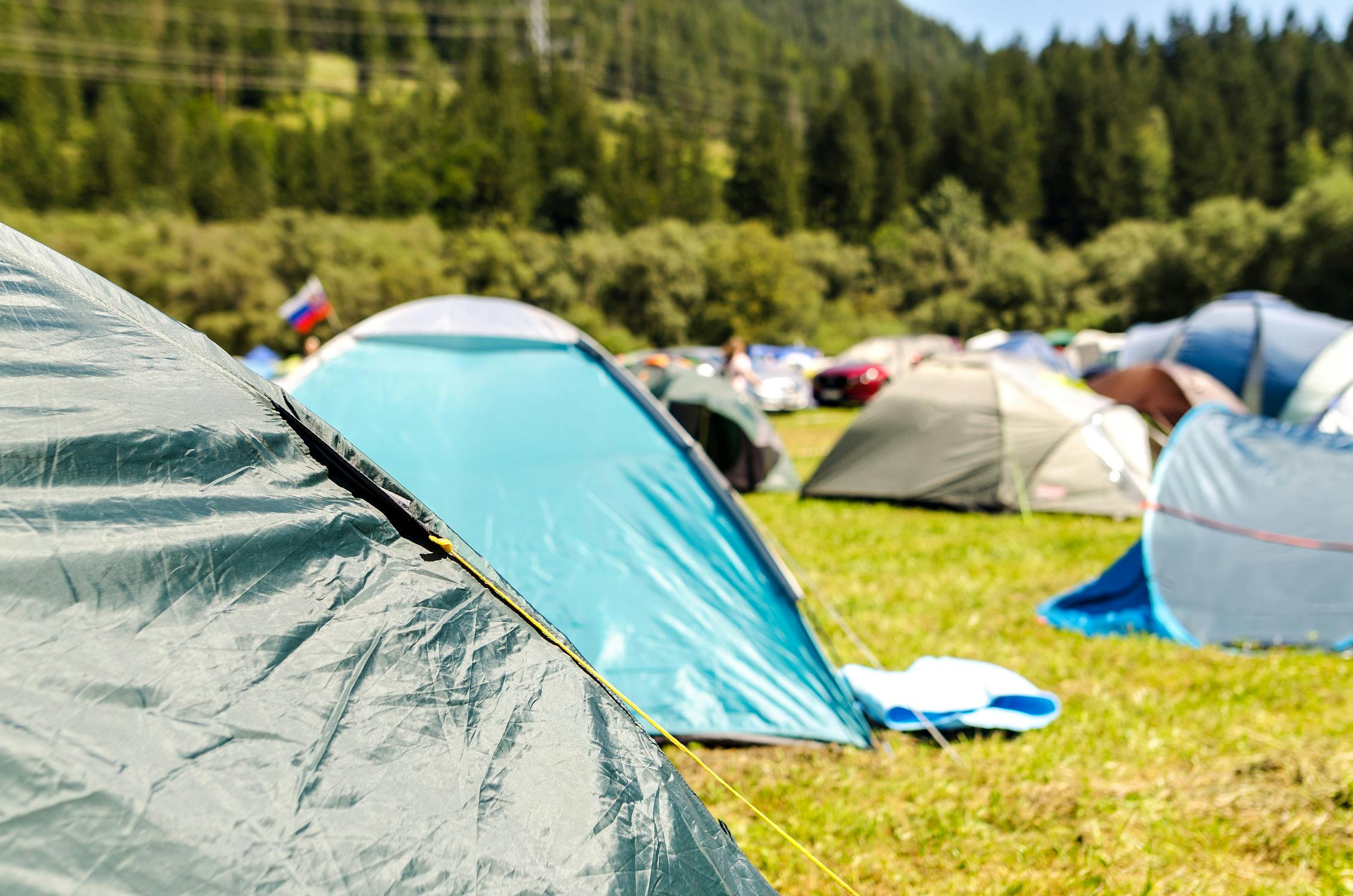
“It looks like a festival,” Appleby told the publication, referring to music events where visitors camp out at outdoor venues. She notes that fly campers constantly leave tents and litter behind while portable barbecues lead to scorched grass and earth.
“There was always an element of littering and antisocial behavior but since the [COVID-19] pandemic it has been on an unmanageable scale.”
Unaware of the Mess Left Behind
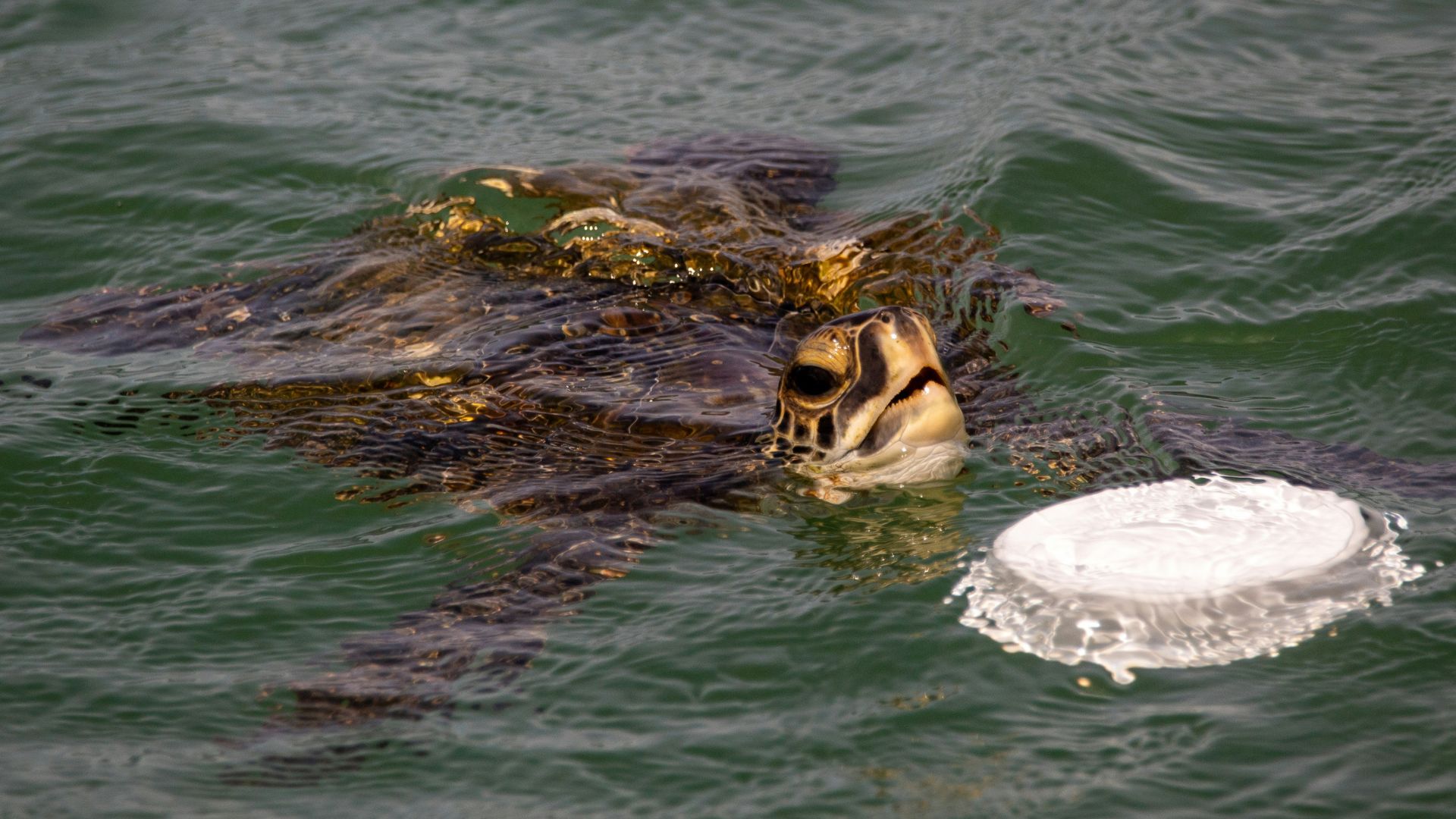
In one instance, Appleby said that she found more than 40 glass and plastic bottles among the waste.
“People don’t understand the damage—they think people are paid to go and clean up,” Appleby said. “People don’t care, I think they have lost the connection with the outdoors—you would not litter like this in your own garden.”
A Plea to Visitors
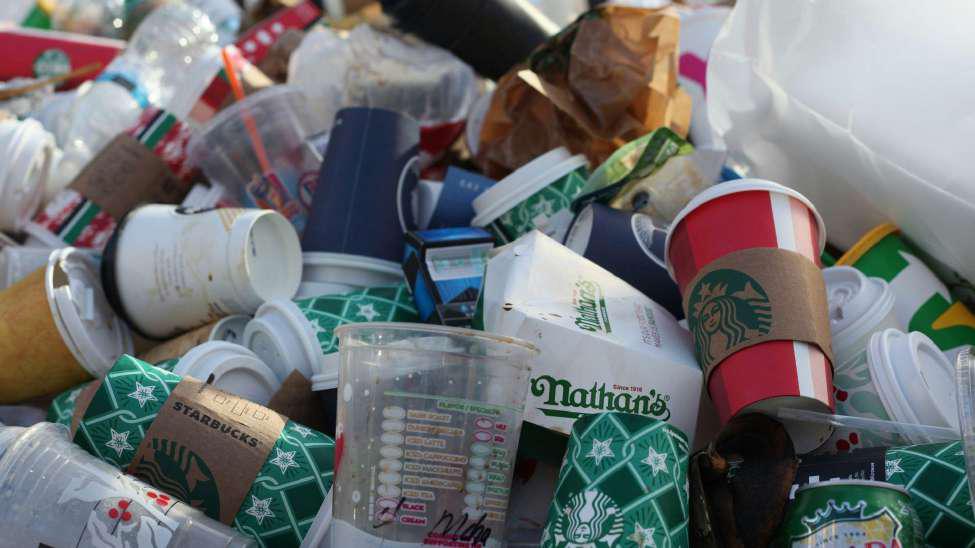
Appleby has come across a few of the wild campers on her land who have not received permission to camp. Rather than telling them to leave, Appleby pleads with the campers to clean up after themselves and leave no trace behind.
However, more often than not, her request often goes unheard, and these campers don’t leave the land as they found it.
The Increasing Threats to Wildlife
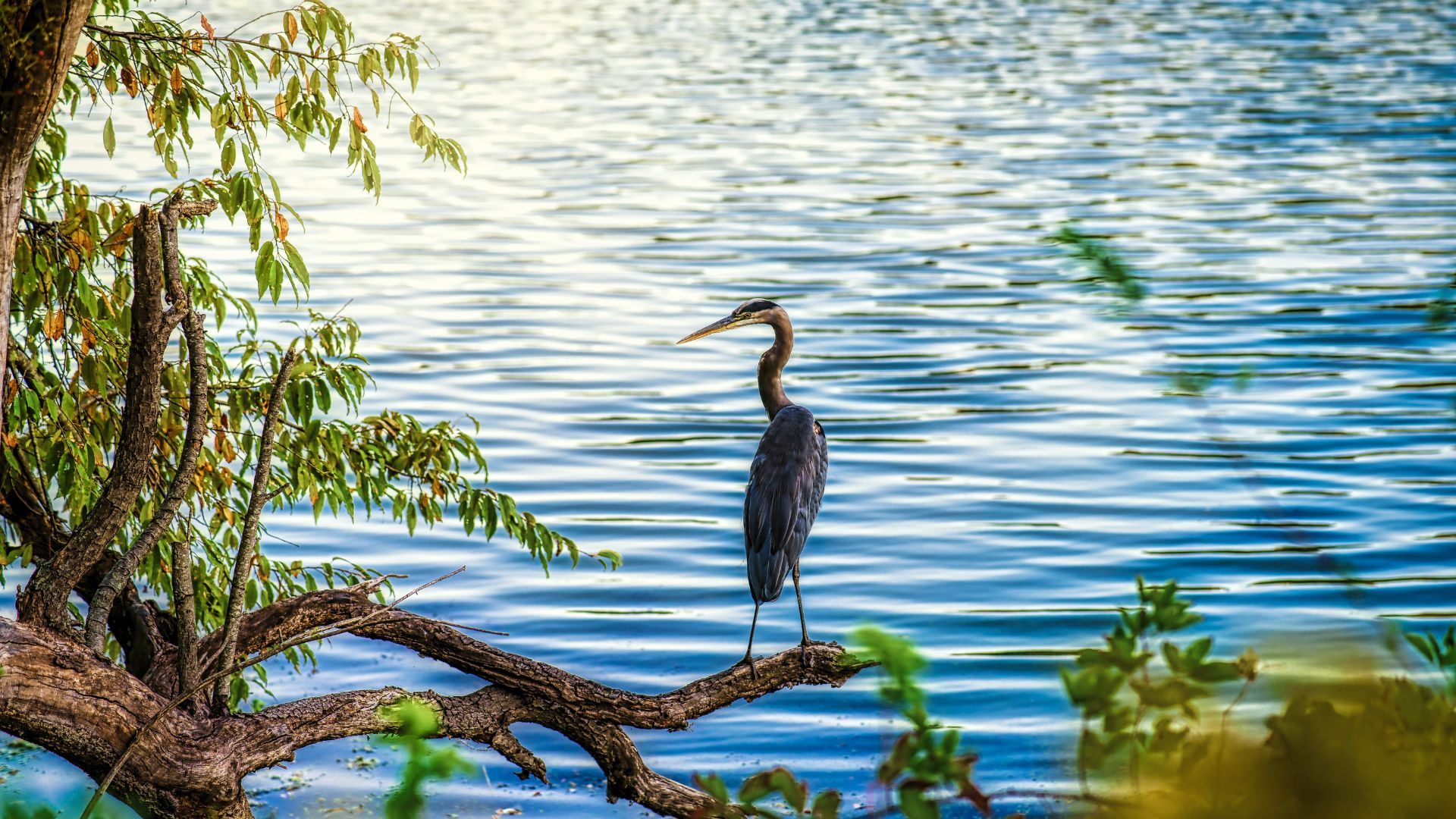
Litter can become a massive nuisance to landowners, but it is a massive threat to wildlife. Animals can ingest the trash left behind, which will likely get stuck in their digestive systems and cause health problems.
Beyond the threat to wildlife, non-degradable plastic items can live in the environment for centuries, bleeding harmful chemicals into the soil and threatening the health of the ecosystem.
The Threat of the Lake District
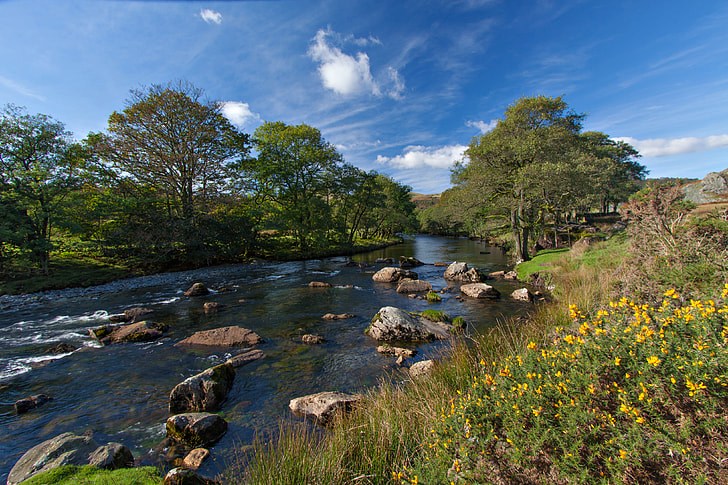
The trash is also creating a problem for the beautiful lakes that bring these campers to the sites. As little travels into the water sources, bacteria can spread and harm aquatic life for miles down the shore.
This puts the entire Lake District at risk as litter tarnishes the scenic landscape, degrades the views, and erodes the natural allure of the area.
Leaving Trash Behind
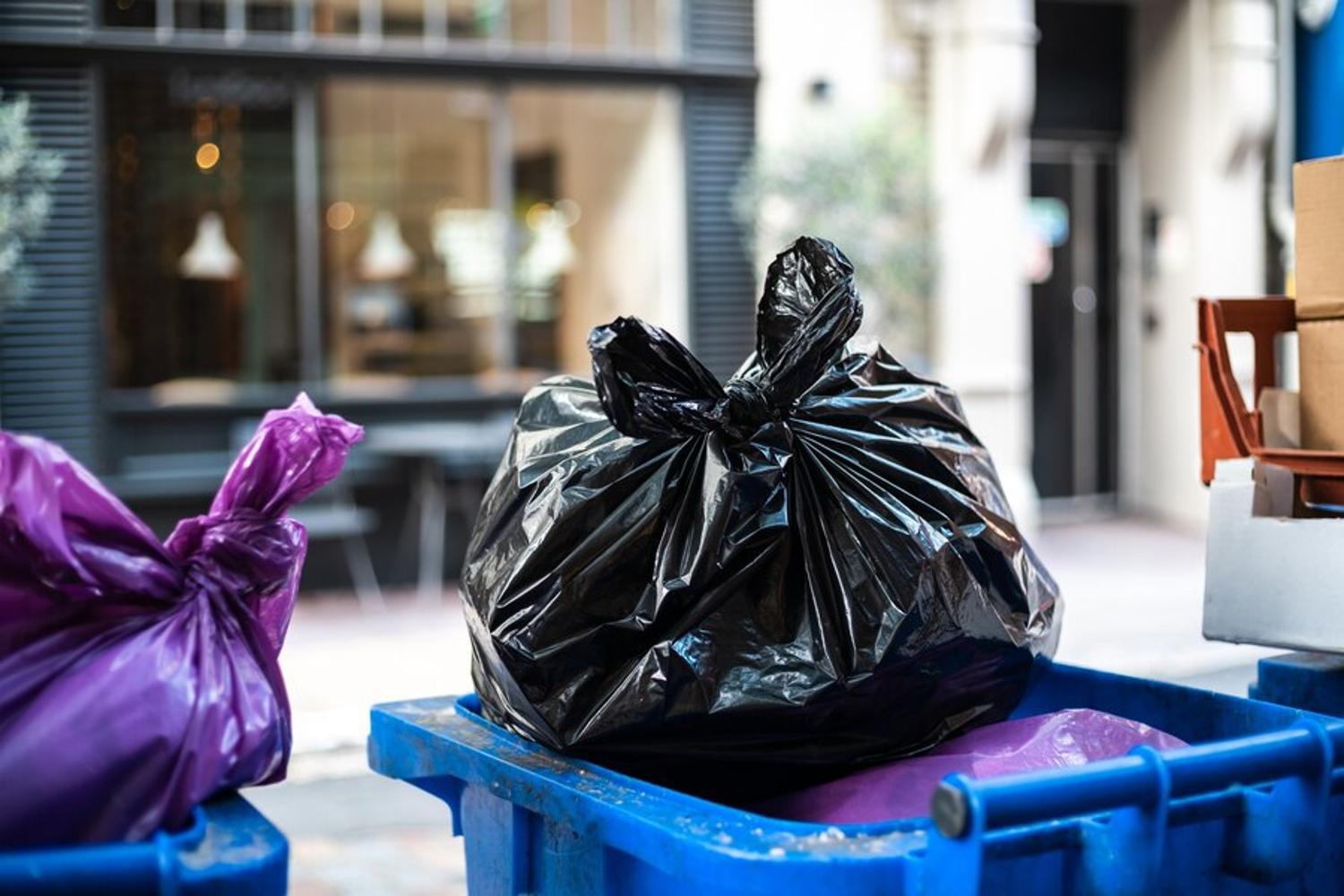
According to Waste Managed, approximately 47 million visitors flocked to the Lake Districts, producing an estimated 7,000 metric tons of waste.
According to a survey conducted in 2021, 72% of visitors to the area admitted to leaving litter behind during their visit.
The Lack of Respect
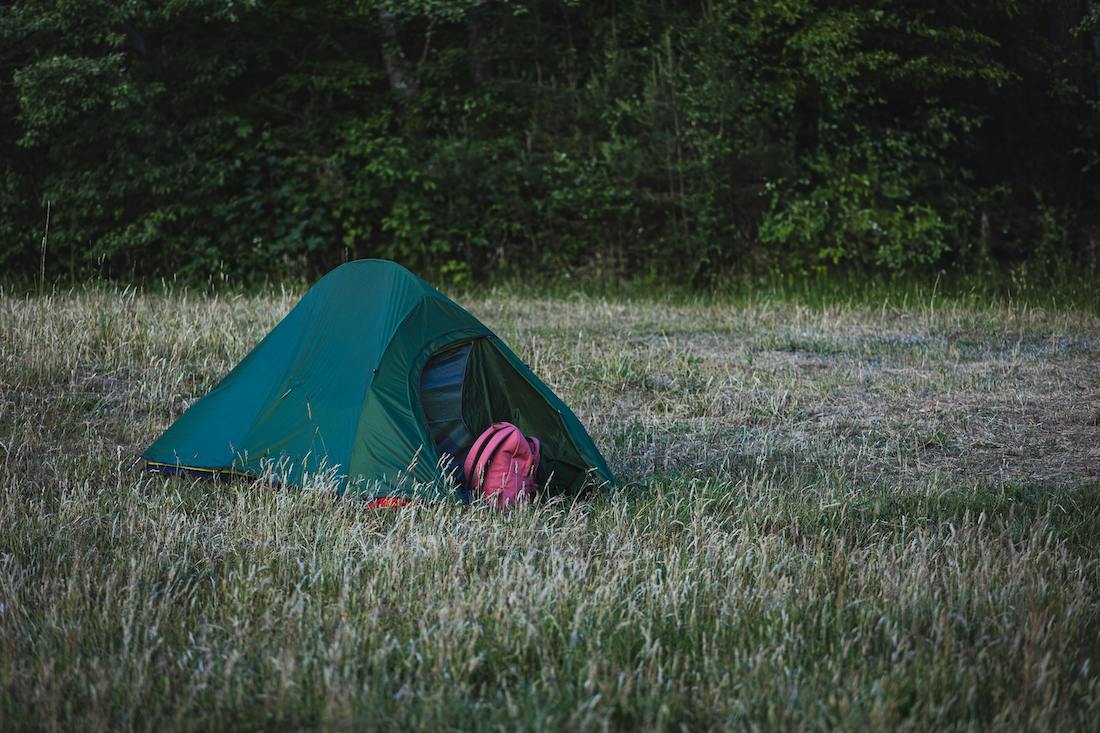
“Sadly there seems to be a trend over the years of a lack of respect for anything, like nature, beaches, the law and of other people, and many other things,” one commenter said about the Express article.
“There are thousands of wild campers and most leave no trace, therefore their [presences] are unknown; it is the few who make a mess and not only campers,” another added. “People need to be encouraged to follow the country code.”








































